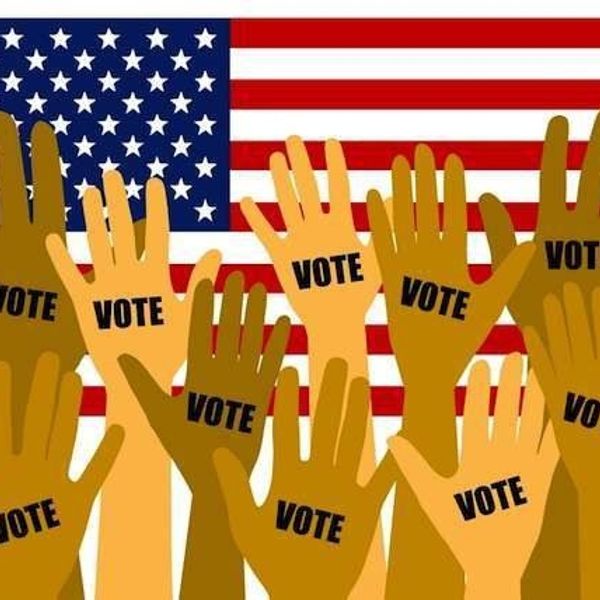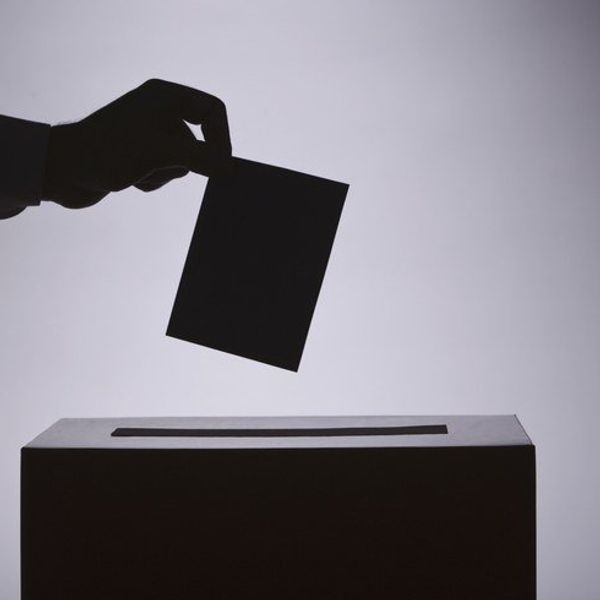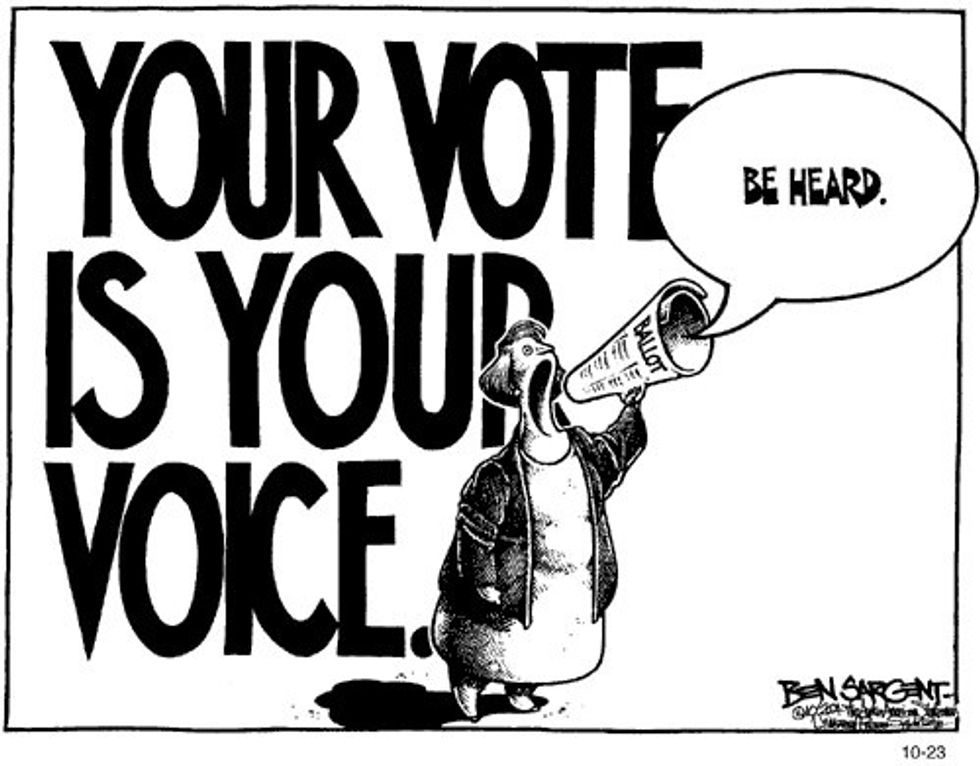Quick, name three Kardashians , five of Taylor Swift’s boyfriends, and three Heisman trophy winners. Did it take long for any of those names to come to mind? Bet it didn’t. Now if you had about five minutes, you could probably vote on who is the best of those groups and reasons why. Now, name me three people running for president besides Donald Trump. Can you think of any without going to your phone to see who is running? Do you know about their policies? Their opinions on the issues of today? How about this: Are you going to vote? Did you vote last election (speaking to those who were 18 or older in 2012)? According to a census from April 2014 titled “Young Adult Voting" by Thom File, only 43 percent of 18 to 29-year-olds voted in the 2012 election, which is a drop from the 51 percent who voted in 2008. This leads to the question: Why are less and less millennials voting?
1. Trust Issues
Student Eli Bonilla says, “People are not voting because there is a super inconsistency in our government in the integrity of our government; they say one thing and do something completely different.” The famous Obamacare can represent that inconsistency and integrity. It was presented as the best care for those with low income, but it actually was economically unfeasible for those with low income -- it hurt them and did not help them. Also Hilary Clinton’s email scandal, but we are getting sick of talking about that.
2. Not a Priority
Nathan Wood, the president of College Democrats at Lee University, adds another reason to the mix: “Young people feel less established in their adult life, causing a sense of disorganization and a lack of structure and responsibility where voting becomes a low priority.” This is true; as college students, we are trying to find where we fit in life, trying to figure out our future, running around and joining clubs. College helps shape us into who we are going to be. Things like exams, classes, sporting events and the like take precedence; they are higher on the priority list. Yes, they are important, but it seems to lead to forgetting. Yes, a test score affects much in a college student's life, but an elected official, one with a high rank like mayor, senator and president can and will have longer-lasting effects on a students life, more so life after college. All decisions and happenings during an elected official's time in office can still be felt long after they leave.
3. The Famous Excuse “My Vote Does Not Matter”
“You are making your vote heard and giving your opinion on how you believe our country should be operated when voting,” says Kelsey Shue, president of The College Republicans . To back up that, a vote is your voice. Nathan Meyers, founder of the Leebertarians says, “We have a voice in our political system, we have a power to change things and you make that voice tangible via the vote -- when you don’t vote you are just giving more strength to the opposition,” reminding this generation even when you are not voting, you are still affecting something, so your silence matters as well.
4. Social Media Overload
One would think with the active use of social media 24/7 that there would be a rise in interest of politics and voting, but social media can be a double-edged sword. “Social Media is always being thrown in our face, and when one topic starts to be overused and shoved down our throats, eventually we get tired of it.” says Meyers. This generation has been described as the most apathetic when it comes to politics, and that can be from something being constantly feeling overloaded. We become numb to it. Also certain social media sites that a lot of the average college student follows are not 100 percent informing us on what is going on with those running. You can't talk about where Sanders stands on issues of America in six seconds or describe the policies Carson wants to make in 140 characters, so instead Donald Trump jokes are made, and we know more about his hair than we do about Christie’s time as New Jersey’s governor.
5. Lack of Education
And this factor leads to another consideration: maybe it's not just the millennials who are not voting -- maybe there is an extreme lack of education on the candidates and politics in the general population. “The more educated you become, the more comfortable you become in your individual beliefs," says Bonilla. "In college you are given the chance to form your own outlooks on things, but you need information to do so. I know we have political clubs on campus, but I don’t see a lot of them. I want to see more of them, more outlets on campus besides the class room, chapels with a focus on these things -- with more education the bigger the waves in voting." And maybe that’s were the issue lies, not just with lack of education on the matters at hand where we are at school, but a lack of self-educating. Want a quick view of the candidates? Go to the New York Times website, type in, “Who is running for president?” and it gives you a well-organized map of who is running, who they are and what they are doing. The fault of lack of education lies with both sides, those educating and those being educated.
So it’s just something to think about. Voting is important. People died so we could have the right to vote. Tons of articles, professors, and those who run voting polls say that if more than half of this generation really started to take an interest in voting, not just at the national level but at the local level, we would see major change in the government. So I leave you with this interesting fact from Lee University's very own history professor Dr. Robert Barnett: “Seventy five percent of the population of Ferguson, Missouri, is black and they complained about how bad their local government was, but only 7 percent voted in their last election."
Think about the changes that would happen if maybe 20 percent had voted. I know that’s not a lot and that massive changes don’t happen overnight, but what if they did?






















